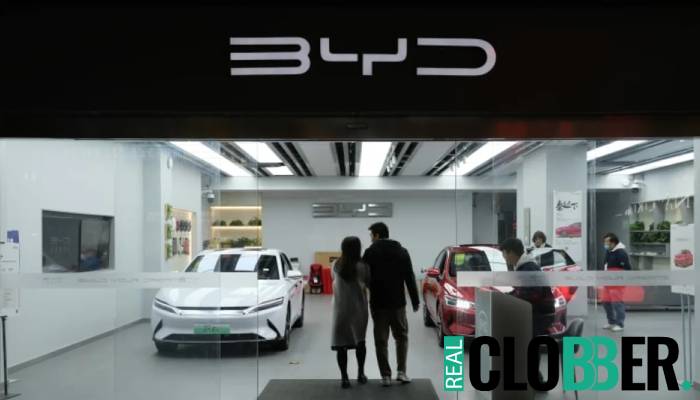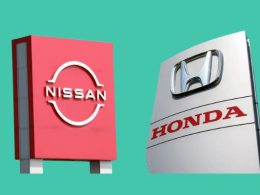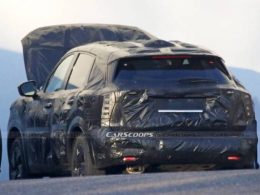According to a recent study, China’s BYD Co. reportedly got at least €3.4 billion ($3.7 billion) in direct government subsidies as part of Beijing’s drive to dominate electric vehicles and other clean technology.
Only two years later, subsidies for China’s top electric vehicle manufacturer increased from €220 million to €2.1 billion, according to Germany’s Kiel Institute for the World Economy. The investigation, which comes as the European Union looks into alleged unfair help for China’s EV sector, claims that BYD is also profiting from subsidies for regional battery makers and incentives for customers of its cars.
To counter China’s subsidies and the U.S. Inflation Reduction Act’s subsidies, the EU established a €40 billion innovation fund. In October, the European Commission investigated whether Chinese subsidies to companies such as BYD, SAIC, and Geely had unfairly benefited the nation’s industrial sector.
BYD began as a battery manufacturer but has since invested much in studying EV and plug-in hybrid technology. Thanks to generous EV purchasing subsidies, it expanded dramatically when China’s domestic car market took off.
The company, which claimed a net profit of roughly 30 billion yuan ($4.2 billion) in 2023, has also been able to undercut Western manufacturers’ prices in China. Its Seagull hatchback, which includes a 10-inch rotating touchscreen, sells for less than $10,000.












